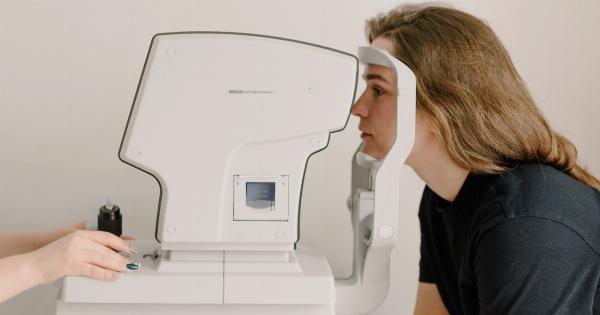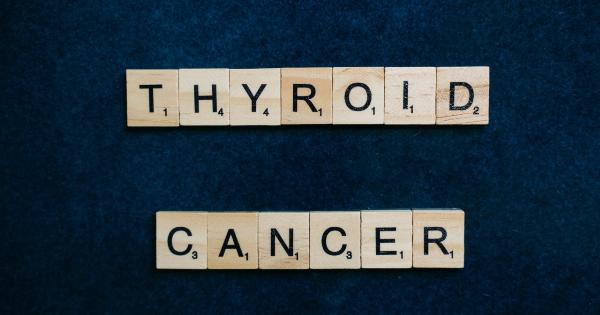Iodenia is a term often used to refer to Iodine Deficiency Disorders (IDD), which is a group of health consequences that arise due to inadequate iodine intake over a long period.
The deficiency is common in areas where there is limited access to iodine-rich foods and iodized salt. This article seeks to explore the impacts of iodine deficiency, how it affects us, and ways to treat and prevent it.
What is iodine?
Iodine is a mineral that is essential for the proper functioning of the thyroid gland. The thyroid gland produces hormones that affect growth, development, and metabolism. The body does not produce iodine; therefore, it must be gotten through the diet.
Foods that contain iodine include seafood, seaweed, dairy products, and iodized salt.
What are the effects of iodine deficiency?
Iodine deficiency can cause several health problems, including:.
Cretinism
Cretinism is a severe form of mental retardation that occurs when a baby is born to a mother with severe iodine deficiency. The condition is characterized by stunted growth, irreversible brain damage, deafness, and muteness.
Hypothyroidism
Hypothyroidism is a condition in which the thyroid gland does not produce enough hormones. Symptoms include weight gain, fatigue, sensitivity to cold, and hair loss.
Goiter
Goiter is a condition in which the thyroid gland becomes enlarged due to iodine deficiency. It can cause discomfort and difficulty breathing and swallowing.
Mental impairment
Iodine deficiency has been linked to lower IQ scores and poor mental development, particularly in children.
How can iodine deficiency be treated and prevented?
Iodine deficiency can be treated and prevented through:.
Iodine supplements
Iodine supplements can be taken to increase iodine intake. The supplements come in different forms, including tablets, capsules, and liquids. They are usually in the form of iodine or potassium iodide.
Iodized salt
Iodized salt is table salt that has been enriched with iodine. The salt is readily available and affordable, making it an effective way to prevent iodine deficiency.
Increased consumption of iodine-rich foods
Foods such as seafood, seaweed, dairy products, and eggs are rich in iodine and can be helpful in preventing iodine deficiency.
Conclusion
In conclusion, iodine deficiency can have severe long-term effects on health and development. However, the condition can be prevented and treated through iodine supplements, iodized salt, and increased consumption of iodine-rich foods.





























